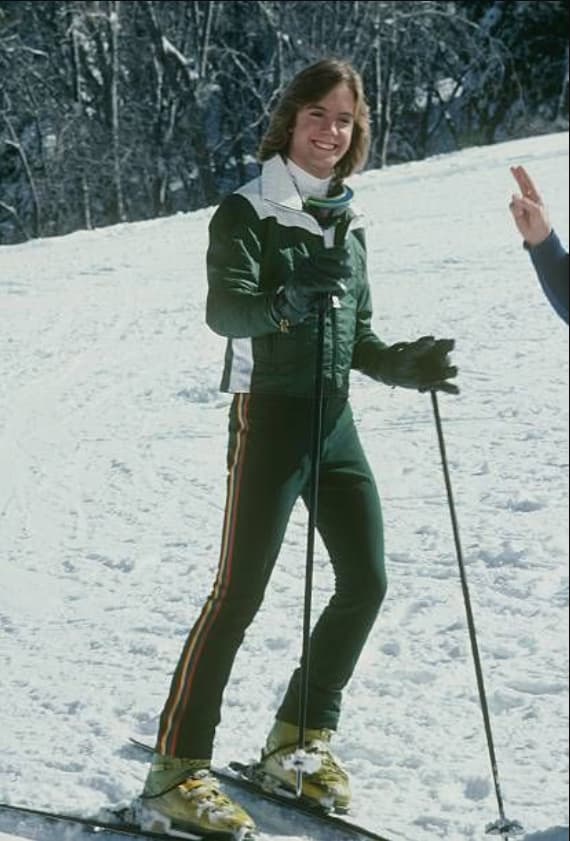
An Intimate Confession of Loss and the Pain of Necessary Separation
Shaun Cassidy’s “Walk Away” is an emotional deep cut from the gilded, yet often misunderstood, era of the 1970s teen idol. This poignant track, penned entirely by Shaun Cassidy himself, was a standout moment on his second studio album, Born Late, which was released in October 1977 on Curb/Warner Bros. Records. While the album itself was a huge success, peaking at No. 6 on the US Billboard 200 chart and achieving Platinum status, “Walk Away” was never issued as a commercial single and, therefore, did not earn a chart position of its own. It remains an album-track gem, appreciated by those who dug past the smash hits like “Hey Deanie” and “Da Doo Ron Ron” to find the soulful introspection brewing beneath the idol’s heartthrob image.
The story behind this song is rooted in a deeply personal time for the young artist. Shaun Cassidy wrote “Walk Away” when he was just seventeen, a period he’s since revealed was marked by the difficult and formative experience of his parents’ divorce—the Hollywood legends, Shirley Jones and Jack Cassidy—in 1975. At such a tender age, navigating the public eye while dealing with private family upheaval must have been overwhelming. The song served as a raw, musical confession about navigating a relationship’s inevitable, painful end, particularly one you feel you must preserve from further damage by removing yourself.
The meaning of “Walk Away” is steeped in the heartache of a forced farewell. The lyrics reflect a world-weary wisdom beyond his years, speaking to the notion that sometimes the most loving, selfless act is to leave. Lines like, “Walk away / Leave me as you found me / To the world around me / Turn your back and walk away,” paint a vivid picture of a final, agonizing plea for separation. It’s an introspective and emotionally mature perspective, suggesting that the relationship, for all its “Living and hoping and laughing and crying,” has become too complex, perhaps too damaging, to sustain. It’s about accepting that some things, some loves, are better preserved as a pure memory, untouched by the disillusionment of a protracted, painful decline.
For those of us who came of age in the 1970s and Shaun Cassidy was a fixture on our posters and our turntables, this track resonates with a powerful, nostalgic ache. It reminds us that behind the perfect smile on the cover of Born Late was a young man wrestling with real-life drama—a relatable figure, despite his showbiz pedigree. It touches upon those universal first feelings of loss, the gut-wrenching realization that you can genuinely love someone, yet understand that for the health and future of both of you, you must break the bond. This song is the quiet, reflective moment after the screaming fans have left, showcasing Shaun Cassidy not just as a teen idol, but as a genuine songwriter pouring his personal turmoil into a melody. It’s a beautifully crafted piece of pop-rock, an unexpected moment of sincerity that still feels authentic decades later, echoing the bittersweet pangs of first love and necessary goodbyes.